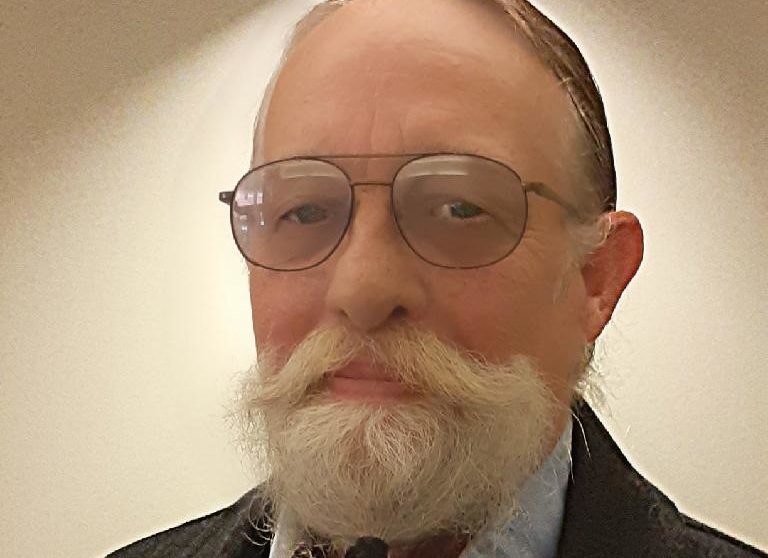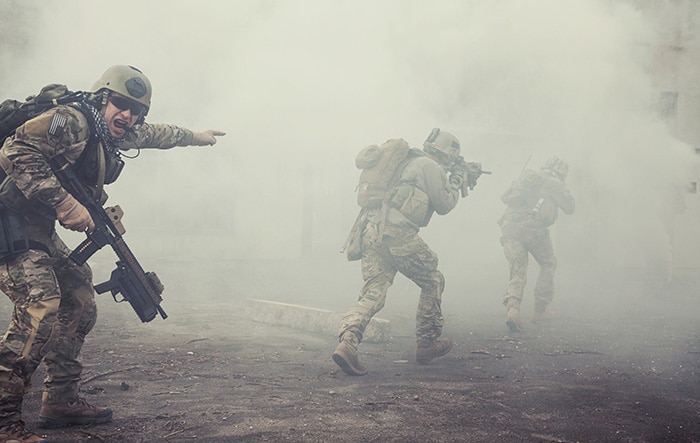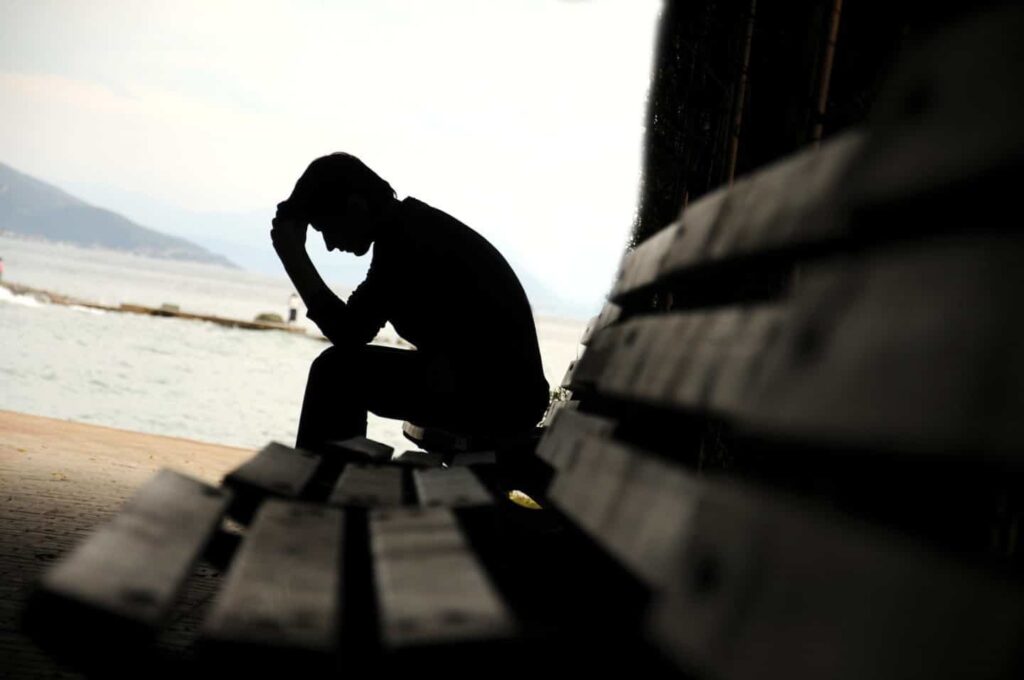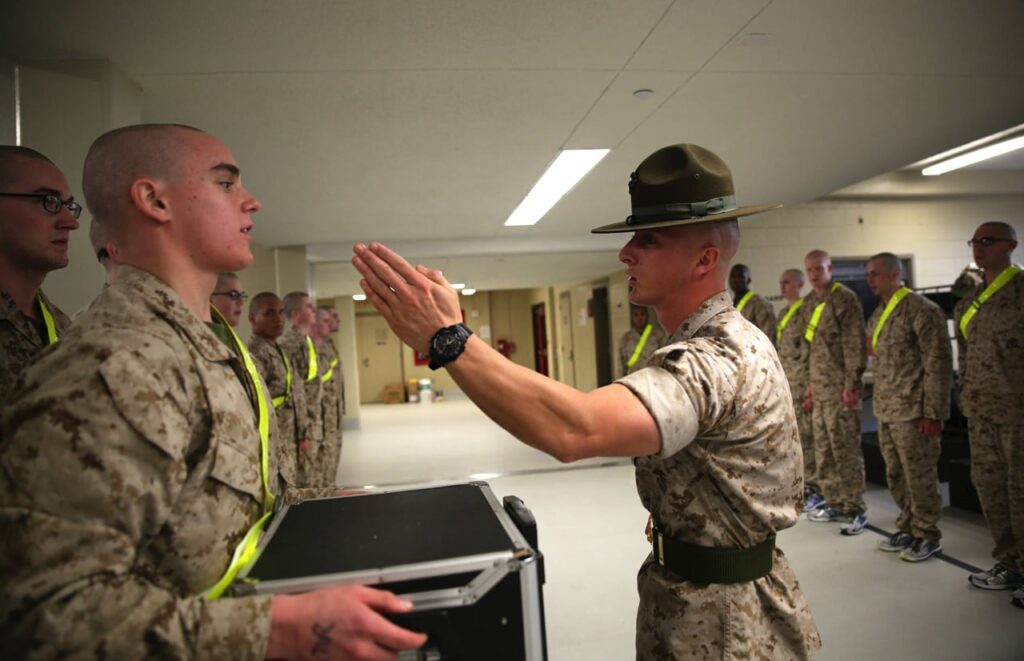Army veteran Hal Bradley has an incredible story. He went from being one of the top drug smugglers in the United States to a Pastor with a Masters in Metaphysics and a Doctorate in Christian Pastoral Counseling. Since then, he has helped thousands of people overcome crises. In his new book Crisis Victory, released this month, he explains how a person can emerge victoriously from the most horrific experiences.
To read more about his remarkable story, you can buy his book here.
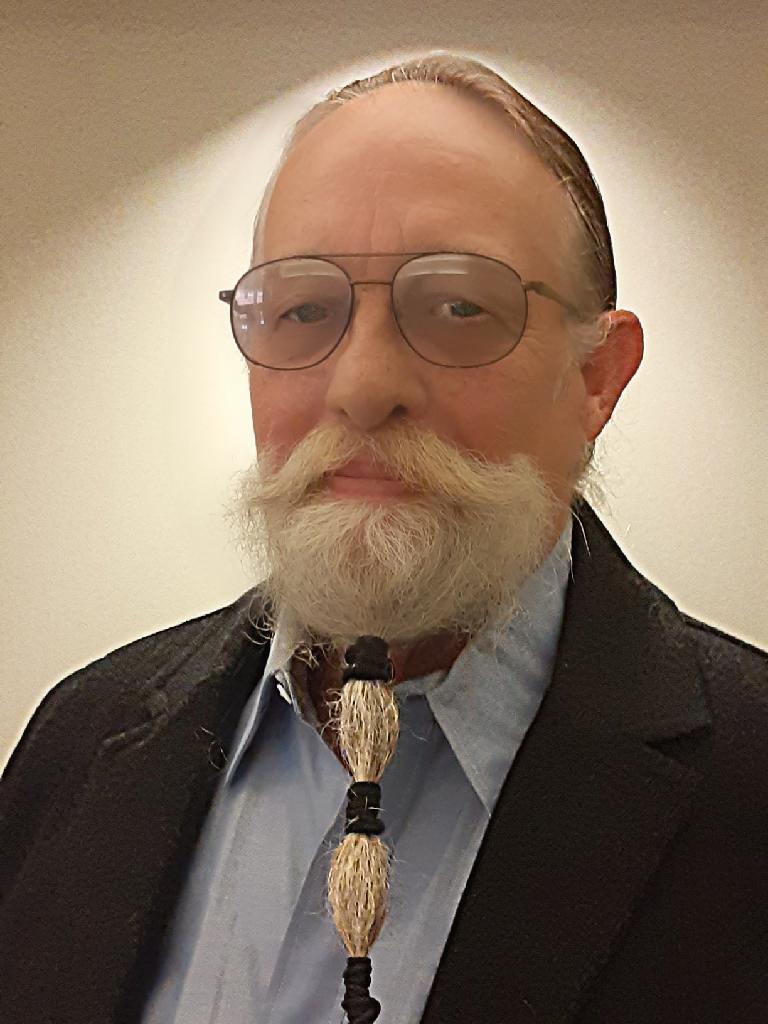
Tell us a little about your military experience.
I entered the United States Army in 1971, just a few weeks after my 17th birthday. First, I was stationed in Fort Knox, Kentucky, for basic training. Then, I was stationed in Louisiana for infantry training. I was in a camp called “Tigerland,” which had specialized training led by people who previously served in Vietnam. Tigerland was extremely rigorous, but I deftly learned how to control myself during moments of fear and pain. Later on, I attended airborne school in Georgia and served in Germany as a paratrooper, and recorded military information on land. My military service was an eye-opening experience that I fondly reflect upon often.
Your book, Crisis Victory, tells the story of your journey to redemption, from an international drug smuggler to a pastor and counselor. What was the “turning point” for you?
My turning point in life was when I received my prison sentence. I was separated from my family, which had a devastating impact on me. Through this low point in my life, I made the decision that I wanted to make my prison sentence a learning experience full of spiritual growth. While in prison, I found my religious calling. I started seminarial studies, and after 2.5 years, I was officially ordained as a Pastor. I also became a hospice counselor and guided individuals through their final days during this time. Through becoming a Pastor and hospice counselor, I achieved the spiritual growth that I needed and desired while also finding my true purpose in life.
You served time in the Medical Center for Federal Prisoners and Leavenworth Federal Prison. How did this have an impact on your decision to become a pastor?
My first calling from the Lord came during my time at the Medical Center for Federal Prisoners in Springfield, Missouri. At the facility, I was extremely sick, to the point where I was basically receiving hospice care. But after receiving a trial medication for my failing liver, my health miraculously improved. After my health scare, I aspired to help those who were alone and dying at the facility. This was when I found my purpose to serve the Lord and those in need, which was when I trained to become a Pastor and hospice counselor.
During this time, I guided individuals through their final days by sharing a room with them and consoling them through conversations. It was a heavy experience, but I used my faith to guide myself and those surrounding me. After my health improved, I was transferred to Leavenworth Federal Prison, but still continued my practices at the new facility. At Leavenworth, I spearheaded a few projects, such as helping people get their GEDs. Faith inspired me to pursue a greater good, which made me realize the potential I could have to help others if I became a Pastor.
Are you ever tempted by your old life? If so, how do you deal with that temptation?
Fortunately, I’ve had no issues with being tempted by my old life. I’ve never looked back since I deserted that part of me. I’m on a sound mission to guide people with a difficult past to a proper direction, which is a path I once took. I’ve had previous cartel contacts try to convince me to go back to my old ways. But, I never waivered to them because my faith and mission helps me stay on the right path. I believe stress can lead to temptation and relapses, which is why I try to avoid this feeling and advise others to do the same.
You do a great deal of work with the homeless, and veterans unfortunately make up a significant portion of that population. Does your experience as a veteran help you in your current work?
Yes, my experience as a veteran helps me excel in my line of work with homeless individuals, especially those who are also veterans. I believe that veterans have a mindset to always help and support other veterans – it’s almost like an impulse. When I assist homeless people, I offer them bible resources and let them know about alcohol addiction and PTSD recovery services. Helping homeless veterans to a path of housing stability and medical recovery is one of my strongest passions. I do whatever it takes to lift those from a dark place to an enlightening one full of unlimited growth and potential.
What is your advice for servicemembers and veterans who are struggling spiritually right now during the pandemic?
The COVID-19 pandemic has been a difficult and trying experience for many service members and veterans. The unknown is scary, and we’ve experienced the unexpected quite a few times during this pandemic. My advice is to have faith through these times and find something to believe in. Even if you don’t believe in the Lord, it is still important to believe in something. Even recalling significant and impactful past experiences to jump-start your beliefs can give you powerful strength.
In the past, I’ve encountered people who questioned their belief in the Lord. For example, I’ve worked with individuals in homeless camps who’ve stated how they resented God for their situations. But, I explained to them that God is who gave them free thought, which is a powerful tool. It’s my honor to assist those who’ve lost their faith and guide them to regain their beliefs.
What is one thing the Sandboxx community can do to help those struggling with homelessness or addiction right now?
I advise the Sandboxx community to coordinate with people in the outreach services field, like myself, who know how to provide personalized assistance to homeless and veteran individuals. People who perform outreach services are always in the community and streets searching for those who need assistance. From doing this, these individuals are more capable with locating veterans in tough situations. I suggest the Sandboxx community donate to local outreach service programs and have discussions with those who work in the field. You can learn a lot from the experiences of an outreach service volunteer and specialist!

